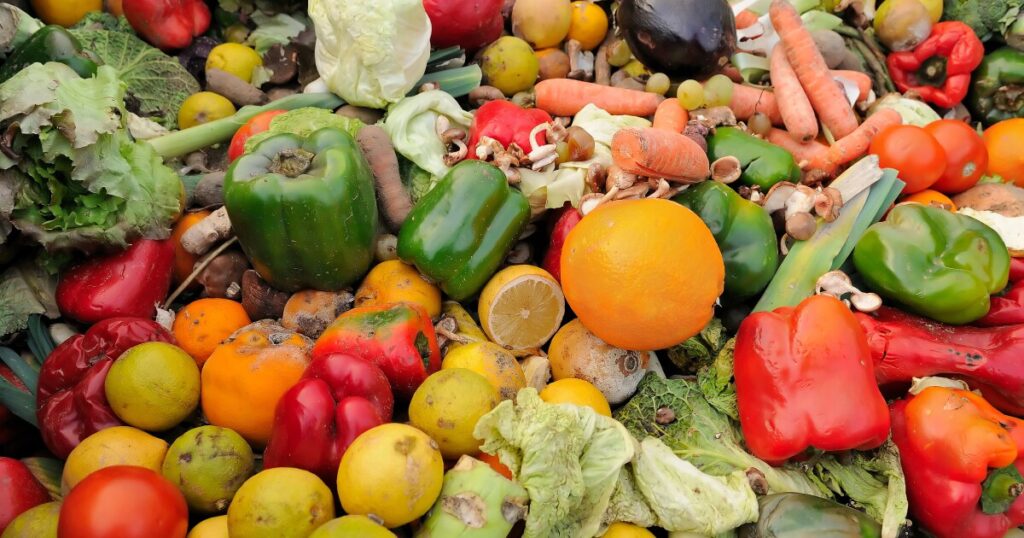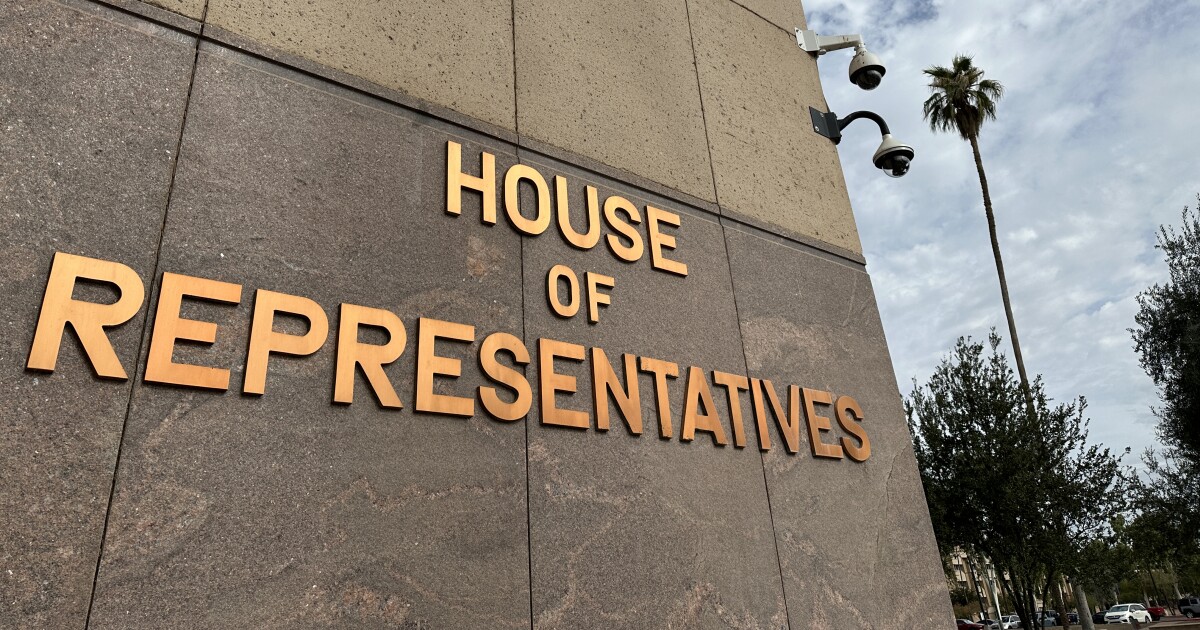Michigan Food Banks Struggle Amid Federal Funding Cuts
As the federal government shutdown extends, food banks across Michigan face challenges due to diminished federal support. The United States Department of Agriculture (USDA) implemented substantial reductions to federal food initiatives this spring, notably affecting the Local Food Purchase Assistance Program. With SNAP benefits anticipated to cease in November, the concern among beneficiaries is rising.
Kenneth Estelle, CEO of Feeding America West Michigan, highlights the increasing visits to food pantries driven by uncertainty surrounding SNAP benefits. The organization, which serves approximately half of Michigan’s counties, relies heavily on federal commodity programs for about 30% of its food supply, supplemented by federal grants and administrative funding.
Feeding America’s operations focus on sourcing food from farmers, retailers, and the broader food industry, ensuring it is inspected, sorted, and repackaged before distribution to food pantries and meal programs. Estelle notes, “We do that everyday. … We serve around 300,000 to 400,000 families, totaling around 32 million pounds of food a year,” collaborating with around 800 partner organizations across 40 counties.
The unpredictability of the shutdown’s consequences poses a significant challenge. Estelle explains, “Right now, we’re experiencing some delay because we order food through USDA process about six months in advance.” The current inability to process food orders due to the shutdown raises concerns about potential delays in supply over the coming months.
Despite having alternative food suppliers, the loss of federal resources heavily impacts Feeding America West Michigan’s ability to deliver essential meals. Much of the federally sourced food is highly nutritious, a quality Estelle emphasizes as crucial, not just in quantity but also in the health benefits it provides.
To counteract the reduced federal support, food programs have shifted to purchasing food independently. The demand for high-cost items like protein, especially beef and chicken, adds to the financial strain. Estelle expresses a commitment to continue providing necessary food, stating, “Understanding that we won’t be able to fill the gap for SNAP, we’re absolutely going to do everything we possibly can to get the food people need everyday as long as we can.”
Recognizing the increased need for assistance, Estelle underscores the importance of community support and urges citizens to advocate for an end to the shutdown. This is essential to maintain critical programs like Feeding America for Michigan families.
The Trump administration has declined to tap into a federal fund that could potentially extend SNAP benefits, maintaining that the fund is reserved for “true emergencies” such as natural disasters.
Despite these challenges, food remains available across the state through Feeding America and its partners, thanks to the continued generosity of the community during these uncertain times.
—
Read More Michigan News









